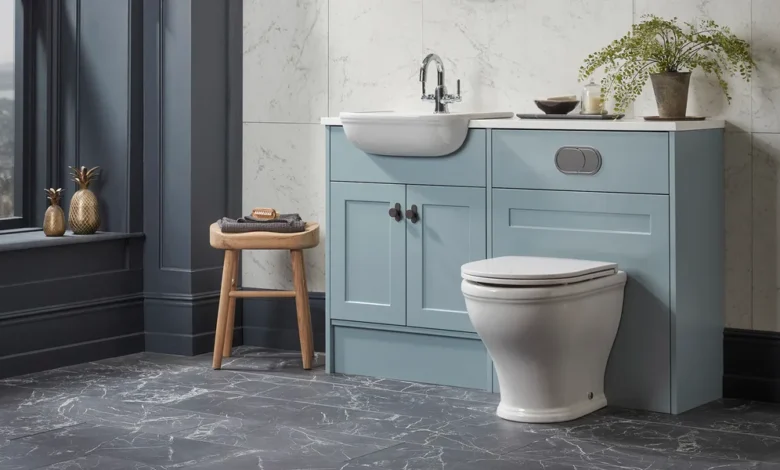Finding the Right Tucson Residential Plumber: Tips and Insights for Homeowners

Assessing Common Plumbing Issues in Tucson Homes
In Tucson, homeowners often encounter a variety of plumbing issues that can arise due to the unique climate and geographical conditions of the area. From hard water problems caused by mineral deposits to the occasional freeze that can affect piping during the colder months, understanding these common plumbing challenges is essential. Leaky faucets, clogged drains, and improper drainage systems are prevalent issues in many homes. Additionally, with the region’s alkaline water, pipes can suffer from scale buildup, which can lead to reduced water flow and efficiency. Recognizing these common problems not only helps homeowners in timely intervention but also minimizes the extensive damage that could lead to costly repairs. Regular inspections and maintenance can significantly help in managing these issues before they escalate, ensuring your plumbing system remains in optimal condition.
Identifying When to Call a Professional vs. DIY
While the allure of DIY projects is strong, especially with the plethora of online tutorials available, it’s crucial to know when the situation demands a professional touch. Small problems, such as unclogging a minor drain or replacing a faucet aerator, may seem easy enough for a DIY approach. However, issues like persistent leaks, sewer line backups, or major pipe replacements require professional expertise. A common mistake many homeowners make is attempting to fix complex plumbing problems without appropriate knowledge or tools, which can lead to further damage and increased costs. Understanding your limits, coupled with recognizing the warning signs such as alarming water bills, strange noises from pipes, or visible leaks can guide you in deciding when to call for professional plumbing services.
Qualities of an Exceptional Tucson Residential Plumber
Top Credentials and Certifications to Look For
When searching for a plumber in Tucson, it is vital to consider their credentials and certifications. A licensed plumber typically has completed extensive training, often including an apprenticeship program, followed by passing a state-specific examination. In Arizona, the Registrar of Contractors regulates plumbing licenses, ensuring that professionals meet specific standards before practicing in the field. Beyond basic licensing, certifications related to specific systems or appliances can signify advanced expertise. For instance, plumbers certified in backflow prevention, gas lines, or solar water heaters indicate a broader knowledge base and versatile skill set. Homeowners should not hesitate to ask potential plumbers about their certifications and training to ensure they are hiring someone qualified to address their needs effectively.
Trustworthy Traits: How to Gauge Reliability and Expertise
In addition to formal qualifications, certain traits can indicate the reliability and expertise of a Tucson residential plumber. Look for professionals who demonstrate strong communication skills, as the best plumbers actively listen to your concerns and articulate solutions clearly. Integrity is another crucial trait; trustworthy plumbers provide transparent estimates, and are upfront about potential issues, avoiding hidden fees. Additionally, consider their reputation within the community online reviews and testimonials can provide insight into the experiences of previous clients. A professional plumber should be willing to share references upon request, affirming their credibility and past work quality. Finally, assess their commitment to ongoing education, as the plumbing industry continually evolves, and professionals dedicated to staying updated with the latest technologies and regulations are more likely to deliver the effective service you require.
Researching and Comparing Local Plumbing Services
Utilizing Online Resources for Reviews and Recommendations
With the web being a primary source of information, homeowners can leverage various online resources to research local plumbing services thoroughly. Websites like Yelp, Angie’s List, and Google Reviews provide a plethora of customer experiences and ratings that can help guide your selection process. Pay close attention to the nature of reviews, seeking patterns in the feedback do many customers mention punctuality, cleanliness, or honesty? Furthermore, engage with local community forums and social media platforms where residents share personal experiences and recommendations. This grassroots feedback can be invaluable in identifying reliable plumbers in Tucson. Additionally, the Better Business Bureau (BBB) offers a database to check a company’s complaint history and overall rating, providing further peace of mind.
The Importance of Getting Multiple Quotes: What to Ask
Gathering multiple quotes from different plumbing professionals is essential not only for comparison of costs but also for an understanding of the services offered. When requesting quotes, homeowners should ask specific questions: What does the estimate include? Are there any warranty provisions? What are their payment terms? This approach allows you to assess the full scope of services and pinpoint the best value for your investment. Moreover, pay close attention to the clarity of the estimates; a comprehensive breakdown will indicate a plumber’s professionalism and transparency. Additionally, during your discussions, gauge their willingness to educate you about your plumbing system and the proposed solutions, which can reflect their expertise and commitment to customer satisfaction.
Budgeting for Plumbing Services: Understanding Costs and Value
Breaking Down Average Costs for Common Plumbing Services
Understanding the costs associated with plumbing services can help homeowners make informed decisions. In Tucson, average costs can vary significantly based on the complexity and scale of the job. Simple tasks such as repairing a leaky faucet might range from $75 to $200, whereas more extensive services like sewer line replacement can reach upwards of $3,000 or more. Common services such as drain cleaning typically cost between $100 and $400, depending on the depth of the issue and whether machinery is required. Additionally, emergency plumbing services usually attract a premium rate, particularly during off-hours or weekends. It’s imperative for homeowners to factor in preventative maintenance costs, as regular upkeep can often save money in the long run by preventing larger issues.
When It’s Worth Spending More: Quality vs. Cost
While it may be tempting to select the cheapest option when hiring a plumber, it’s essential to understand that the old adage “you get what you pay for” often holds true in the plumbing industry. Investing in quality plumbing services can save you from future headaches and expenses associated with subpar work. A reputable plumber might charge higher upfront costs, but their expertise often results in efficient work and durable solutions, leading to fewer repairs needed down the line. Consider factors such as warranty on labor and parts, which can add significant value to your investment. Additionally, when choosing between a low-cost handyman and a certified plumber, the long-term reliability and safety of your plumbing system should be the priority. Often, opting for a professional with a track record of quality service is worth every penny, as it ensures peace of mind and the longevity of your plumbing system.

